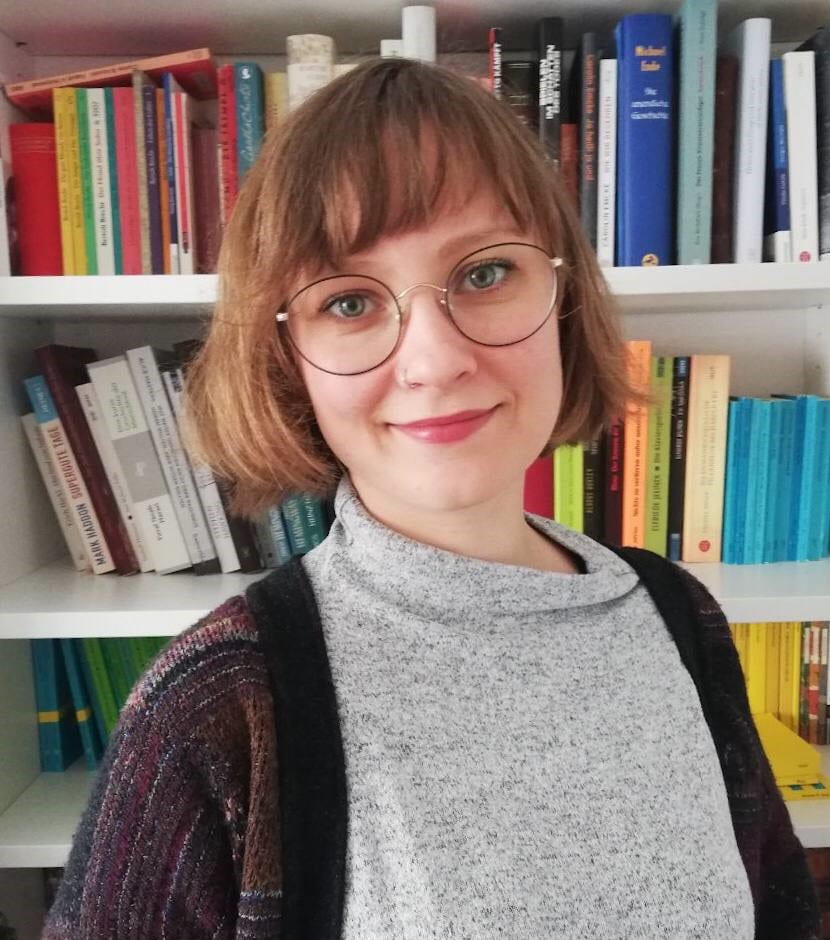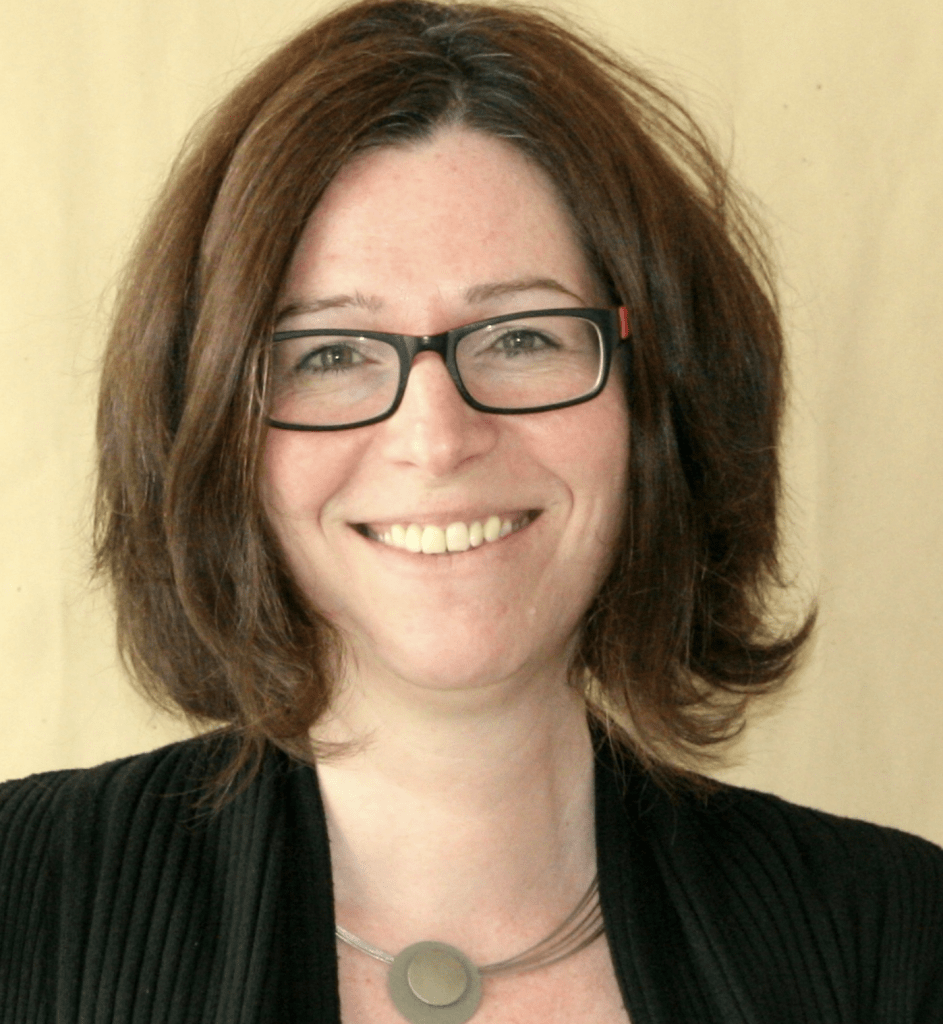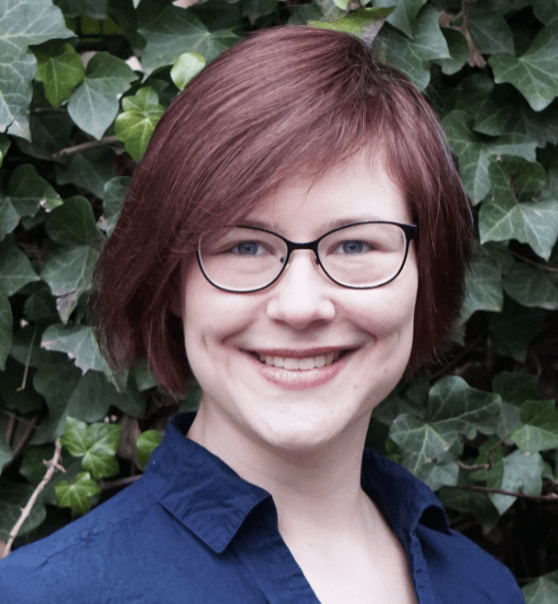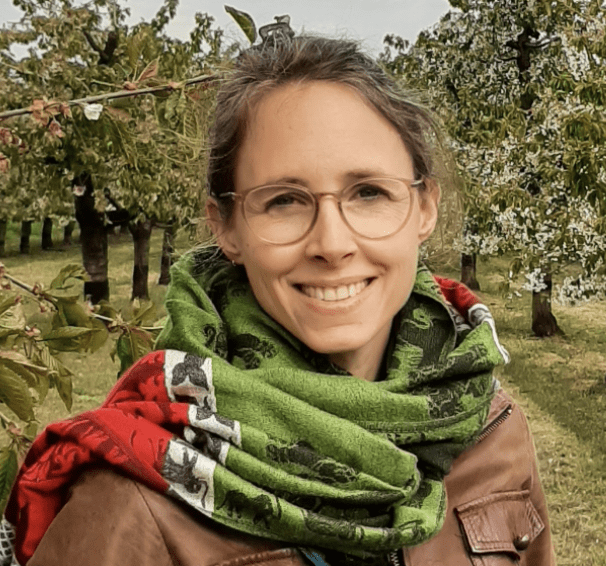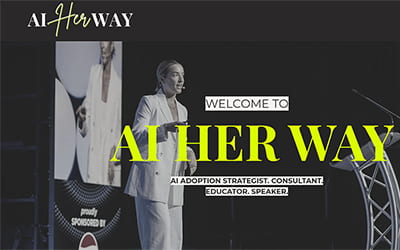
EVENT RESOURCES ARCHIVE
USQ International in conjunction with USQ Technology Demonstrators present
JLU-Giessen-USQ International Collaborative Workshops
Humanising the tyranny of distance: Tools and pedagogies for the socialisation of hybrid learning
About this event
Justus Liebig University Giessen, Germany and the University of Southern Queensland, Australia, are collaborating virtually to share ideas and co-construct understandings of tools, pedagogies and support systems for hybrid learning.
The JLU-USQ collaborative workshops aim to:
- Bring JLU and USQ learning and teaching professionals together to share current practice
- Focus on the affordances of digital technologies and online learning pedagogies
- Potentially foster new practices evolving from discussions, collaborations and co-created understandings
- Build pathways for ongoing collaborations between JLU-USQ
How to join and collaborate
Zoom is the platform we will use for synchronous workshop meetings. Padlet is used for asynchronous communication and collaboration. Browse this resource to learn more about how to use Padlet.
Schedule
The synchronous, 2-hour workshops take place over two consecutive weeks using Zoom as the meeting platform.
Inbetween the two workshops participants are encouraged to connect and collaborate asynchronously on one or more of the four thematic challenges.
- Workshop 1: Thursday March 3
- Workshop 2: Thursday March 10
- Time: 8-10 am (CET) = 5-7 pm (AEST)
Program
The collaborative workshops use a series of Padlets to foster interaction and co-creation. This main Padlet is where participants can quickly access all aspects of the program.
March 3
Times: CET = AEST
08:00am = 05:00pm | Welcome to day 1 of workshop
Short welcoming session including online etiquette and workshop ‘housekeeping’.
08:10am = 05:10pm | Session 1: Planning for hybrid learning
The flipped classroom and experiences on hybrid learning
The pandemic threw up “hybrid learning” as one of its buzzwords, but it actually reaches much beyond mere trouble shooting in times of physical distancing. The presenters explain how hybrid learning reflects strategic developments in their educational programmes. They move on to discuss technical options for conducting hybrid sessions and share some of their experience on how to engage students synchronously and asynchronously.
Padlet resources
Session 1 Speakers
|
Dr Lisa Jacka Senior Education Lecturer, |
Dr Martin Petrick Faculty of Agricultural Sciences, Nutritional Sciences & Environmental Management, JLU |
08:35am = 05:35pm | Session 2: Design for collaboration in online spaces
How do you build it so they will come?
This session will, firstly, explore collaborative pedagogical approaches that underpin and support collaborative practices in online spaces. Basic design principles will then be introduced with accompanying examples from online learning environments. Finally, practical suggestions and ideas will be offered to support student engagement in collaborative discussions and work.
Padlet resources
Session 2 Speakers
| Mr Russell Crank Educational Designer, Faculty of Business, Education, Law & Arts, USQ |
Sandra Binnert Faculty of Language, Literature, Culture / Institute for German Studies |
09:00am = 06:00pm | Session 3: Building the community of practice
Getting closer and get involved
This session presents practical approaches to bridging the digital gap for design and teaching staff to humanise and socialise online learning. The USQ Technology Demonstrators Community of Practice is highlighted as a successful local and potentially global support structure. Concepts, practices and shared collaborations will provide an agile technology and pedagogical toolkit for improved practice.
Padlet resources
Session 3 Speakers
|
Dr Julie Lindsay Senior EdTech Advisor, |
Dr Maja Bärenfänger IT Service Centre, JLU |
Juliane Sommer IT Service Centre, JLU |
09:25am = 06:25pm | Session 4: Decolonising hybrid environments
This session looks at beginning a conversation by providing two specific provocations, both are designed to highlight how we can become mindful of the potential for the educational digital environments we are creating might be unwittingly replicating colonising behaviours or patterns. First, we ask how in valorising Eurocentric critical thinking may impact on the digital learning spaces we are working within. Secondly, we pose the question how do the emerging competencies we are developing for teaching and learning in digital spaces solve or create issues relating to inclusivity.
Padlet resources
Session 4 Speakers
|
Dr Ian Davis Senior Academic Developer, |
Dr Stephanie Domptail Faculty of Agricultural Sciences, Nutritional Sciences & Environmental Management, JLU |
09:50am = 06:50pm | Definition of working tasks
In this final few minutes of the workshop each group will reiterate the collaborative working task for participants to engage with over the next week.
Padlet resources link
10:00am = 07:00pm | End of day 1 of workshop
March 10
Times: CET = AEST
08:00am = 05:00pm | Plenary to collect ideas and review collaborative goals
08:15am = 05:15pm | Collaborative exchange in Zoom breakout rooms
09:15am = 06:15pm | Groups present outcomes and 'what next?' scenarios
Session Speakers will provide an overview of their discussion (10 minutes each)
10:00am = 07:00pm | End of day 2 of workshop
Join the Conversation
Click on the links below to read posts from recent TechDem Events, or click here access the main Conversations Blog.
Dr Nici Sweaney from AI Her Way
We were very lucky to welcome Dr Nici Sweaney as guest speaker at our AI for Learning & Teaching Symposium in April. She is an Adoption Strategist, Consultant, Educator and Director of AI Her Way.
International collaboration and the four ‘pillars’ that influence and shape online learning at USQ
Recently USQ International invited TechDem leaders to put together a 3-hour workshop to share with the Hang Chu University College of Communication, Malaysia
Virtual, International Teaching: New Paths at Justus Liebig University Giessen
This conversation was provided by Juliane Sommer in support of the JLU-USQ collaborative workshops, March 2022.
You are invited! JLU-Giessen-USQ International Collaborative Workshops
Many years ago, as a student of history, I read, analysed and critiqued Blainey’s The Tyranny of Distance detailing how Australia’s future was shaped by geographical remoteness.




